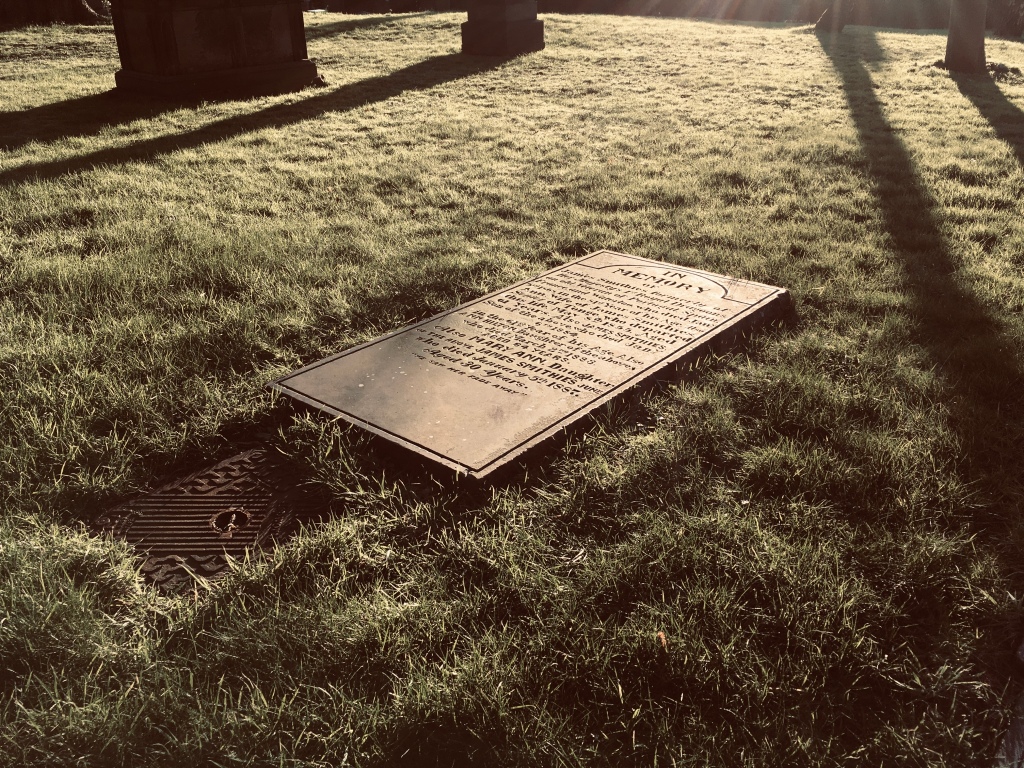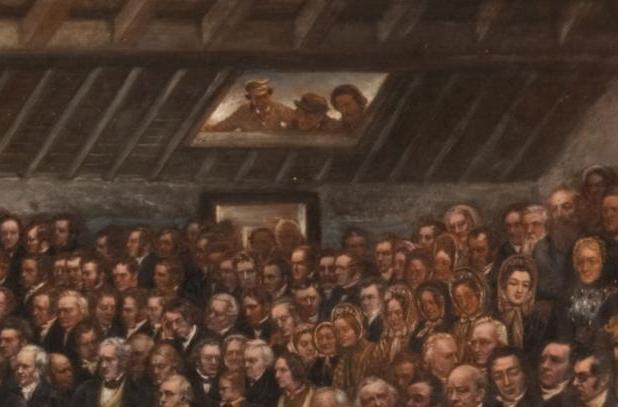Archive for category Scotland
My ancestor Private James Smithies claimed he met Napoleon and turned his back on him
Posted by simon peter sutherland in ancestry, Scotland on November 23, 2023

In 2020 I published a post concerning my discoveries relating to my Sutherland ancestors. This has taken me through the pages of history through the Highlands of Scotland to the advancement of the Sutherland railway, the Disruption of 1843, the Battle of Culloden and down through the Scottish reformation and the ancient Kings of Scotland to William Sutherland, the son in law of Robert the Bruce.
On my mothers side however, there is an entirely different story.
Many years ago I met my grandfather and he was in the Navy during WW2. However, it wasn’t until recent years when I decided to investigate the history I found that my mothers bloodline directly descends from the Smithies of Middleton and a certain Private James Smithies (1787-1868). His father William Smithies (1753-1844) is my sixth great grandfather and his brother Richard Smithies (1780-1856) is my 5th great grandfather.
James Smithies was born in Tongue, Lancashire, in 1787 and in 1804 he ran away from home to enlist and became a Private in the 1st Royal Dragoons between 1807-15. To my amazement I found that James wrote an important memoir of his life and times in the Napoleonic wars. The memoir is published under the title “Adventurous Pursuits of a Peninsular War Waterloo Veteran”. In this book he claims to have met Napoleon.
Details concerning his life are well documented, and he writes that Napoleon “paid a visit to the English soldiers who were his prisoners” and came and spoke to most of them, “but when he offered me his hand” (James Smithies writes) “I cursed him, and (showing him my wounded hand), said that but for him I should not have been hurt in that manner. I refused his proffered hand, and turned my back on him.” James goes on to say that Napoleon seemed to think his dignity had been “insulted” and gave James a “scornful look” that he said he “shall never forget.” (P. 69)
Turning his back on Napoleon was a very daring thing to do.
James Smithies had seen his friends nose and one side of his face cut off in battle and often told his shocking stories around the old pubs in Middleton and he also wrote songs and sang them. His songs are written in his memoir.
These are the horrors of war.
James Smithies was a very strong minded person who fought for what he believed in and it was a very unique moment for me to visit his gravestone and uncover this ancestral connection. James Smithies was my 5th great grand uncle.
My English ancestors and St Leonards Church
Posted by simon peter sutherland in Church of England, Scotland on September 5, 2021

Over the years I have always known my Sutherland name has implications of Scottish ancestry. Over recent years I have uncovered those details and yes, my Scottish ancestors go back to the ancient Kirk of Scotland, Dunrobin Castle and beyond. But what of my English ancestors on my mothers side?
My mother’s ancestors, on my grandmothers side, descend from Welsh origin through the surname of my great grandfather Henry Jones. Yet my mothers father was English through and through.
This grandfathers surname was Smithies, a direct ancestry that can be traced back to an area in Northern England known as Middleton. Here my English ancestors have direct connections with St Leonards, an ancient parish with a Church on a hill. It was here, at St Leonards, where 16th century reformer John Bradford preached and also directly referenced in his farewell to Lancashire and Cheshire. Bradford pleaded with them “Turn unto the Lord, yet once more – I heartily beseech thee.”
The Church was established in Saxon times and was also the place where the Lindsfarne Gospels and the bones of St Cuthbert were temporally kept. The Church was also attended by the Bamford family, from whom came Samuel Bamford.
At present the baptismal records directly trace my Smithies ancestors to 1658. This is a fantastic discovery for me knowing that I have been walking in the footsteps of my ancestors.
For me, after 35 years of being a Christian, I am resolved to know that in the Church of England I am standing in the right place.
My Scottish ancestors and the Disruption of 1843
Posted by simon peter sutherland in Church of England, Scotland on November 16, 2020
 Over the years I have always known my surname ‘Sutherland’ has implications of Scottish ancestry. My father often told me that his grandfather was Scottish, but I never gave it any serious thought until recently. It was then when I discovered that my great-grandfather “Daniel Sutherland” had journeyed to Lancashire from Old Machar, Aberdeenshire in the late 1890’s. The Great Depression of 1873-1896 had effected many people, including the Sutherland’s of Scotland. This lineage led me to my 3rd great-grandfather John Sutherland (1803-1884) of Golspie, just north of the historic seat of the Earl of Sutherland, the chiefs of clan Sutherland.
Over the years I have always known my surname ‘Sutherland’ has implications of Scottish ancestry. My father often told me that his grandfather was Scottish, but I never gave it any serious thought until recently. It was then when I discovered that my great-grandfather “Daniel Sutherland” had journeyed to Lancashire from Old Machar, Aberdeenshire in the late 1890’s. The Great Depression of 1873-1896 had effected many people, including the Sutherland’s of Scotland. This lineage led me to my 3rd great-grandfather John Sutherland (1803-1884) of Golspie, just north of the historic seat of the Earl of Sutherland, the chiefs of clan Sutherland.
My 3rd great-grandfather witnessed an event known as “The Disruption of 1843”. A schism or division between the established Church of Scotland and Scottish Protestants. Some 450 evangelical ministers walked out of the established church to form the Free Church of Scotland. After ten years of bitter conflict, Scotland would never be the same again.
The history shows that proceeding the days of the 16th century, and the Scottish reformation associated with John Knox, the majority of Scottish people were in support of the reformation. During Mary Tudor’s totalitarian persecution of Christians, Knox had left Scotland for Geneva where John Calvin had established a majority position. When Knox returned to Scotland he brought this reformation with him and this foundation remained in the Church of Scotland for centuries. However, between 1833 – 1843, Scottish evangelicals underwent ten years of conflict leading to a protest against state interference with the Church. Scotland saw a mass exodus of ministers and congregations leave their beloved churches to form their own. It was a bitter business that would cause mental stress, division and upset to families and entire congregations and would cause ministers to be without homes or financial support. Thus the proceeding years saw Scotland having two churches, the Church of Scotland and the newly formed Free Church of Scotland.
Division and disruption does not always break Christianity up, it often enhances and expands it. But this disruption should never have happened, even though it was a necessary response.
Nobody wants division like this. The majority of rational people all desire peace. But historic events such as these are a finger of warning to political activists and those who cause divisions by teaching and enforcing things they ought not. There is always a cost. History proves that.

My 3rd great-grandfather John Sutherland was 40 years old when he saw this disruption with his own eyes. Yet he went on to live until he was 81. He had two children with his wife Mary. Their son Daniel Sutherland, was my 2nd great-grandfather. Daniel was 15 years old when the disruption occurred.
Their ancestors are my bloodline and the name Sutherland goes all the way back to William Sutherland (William De Moravia), the son in law of King Robert the Bruce.